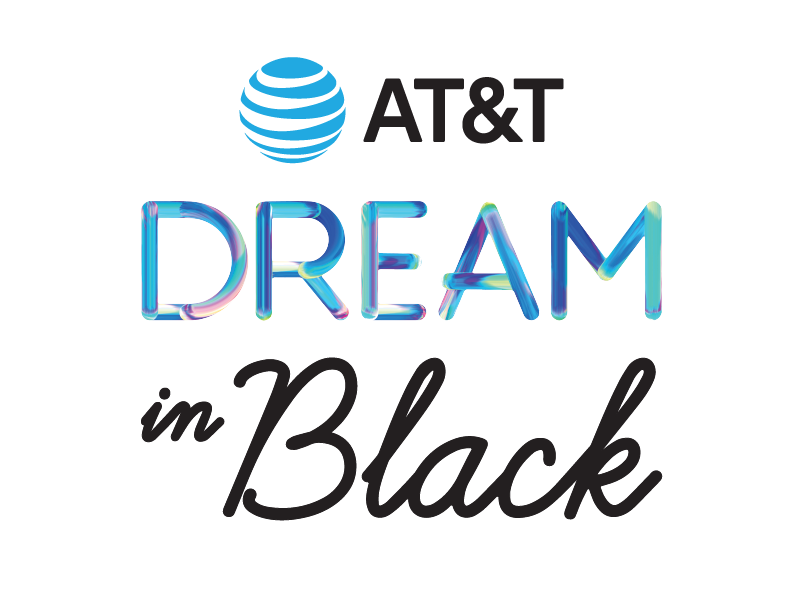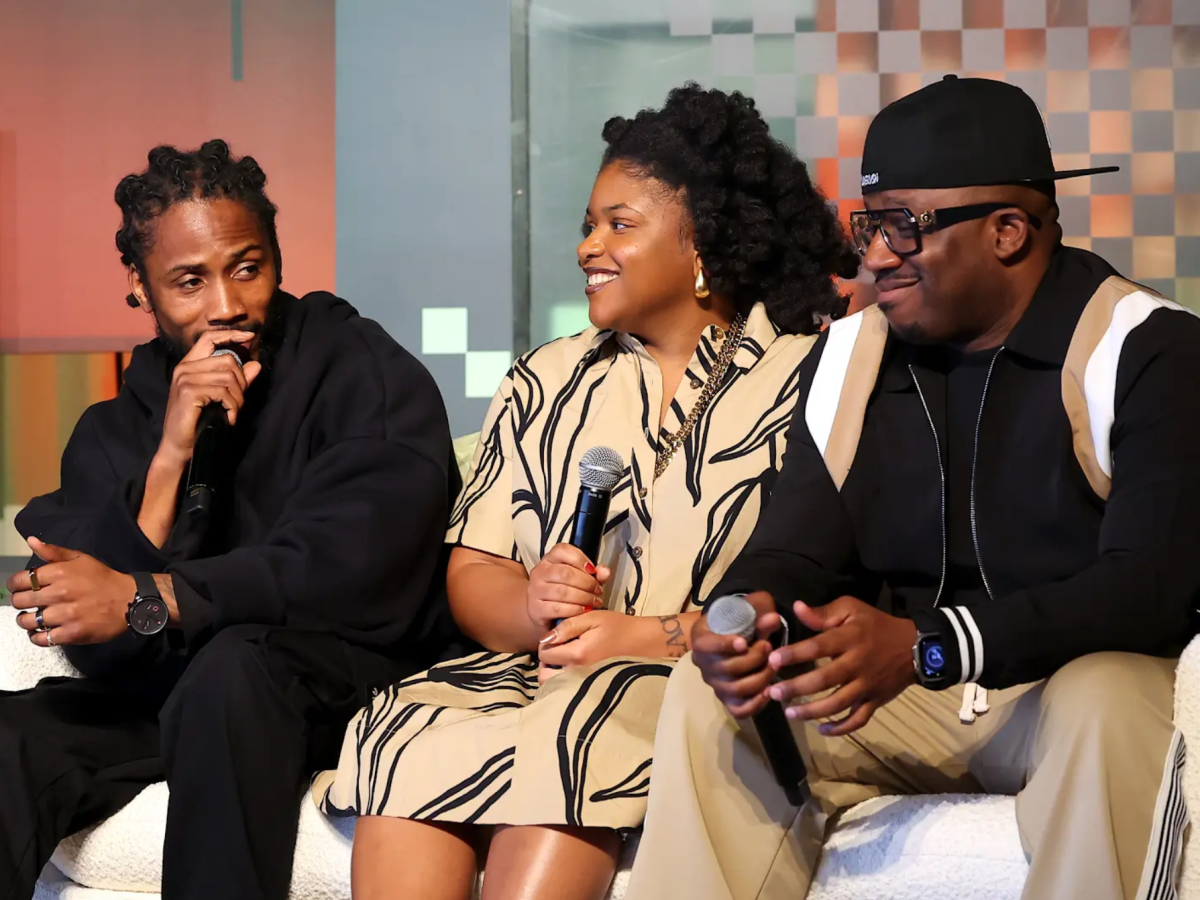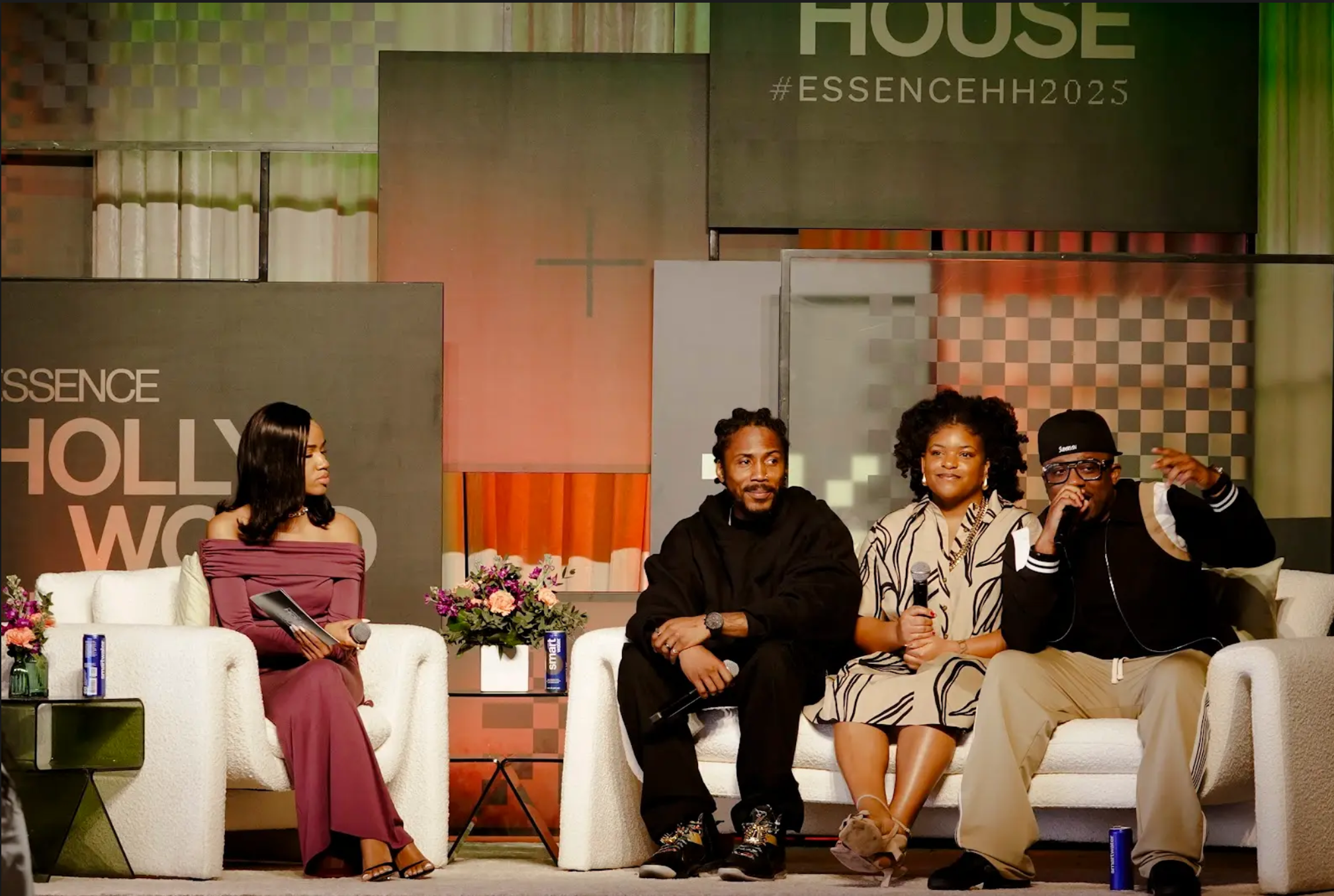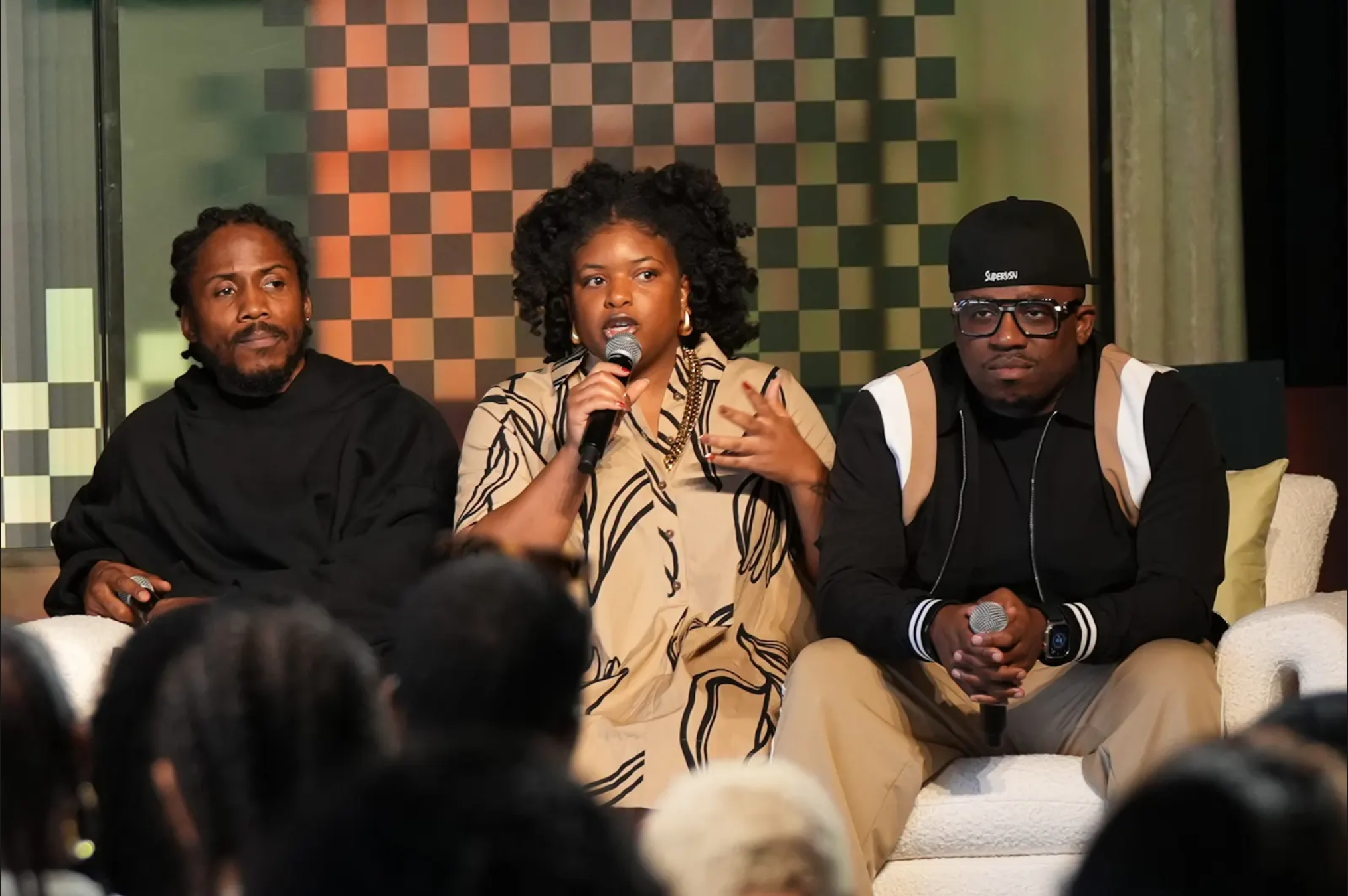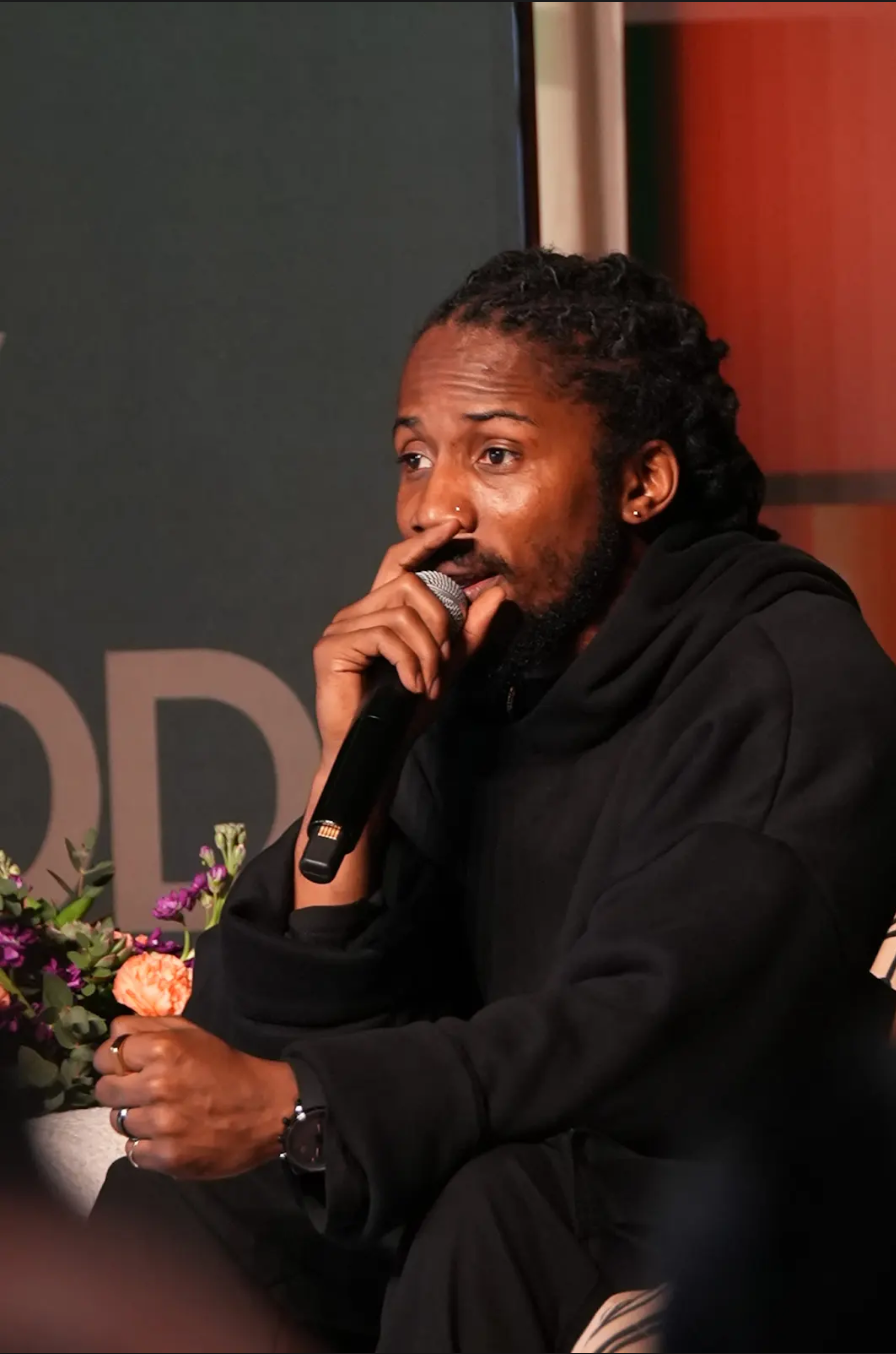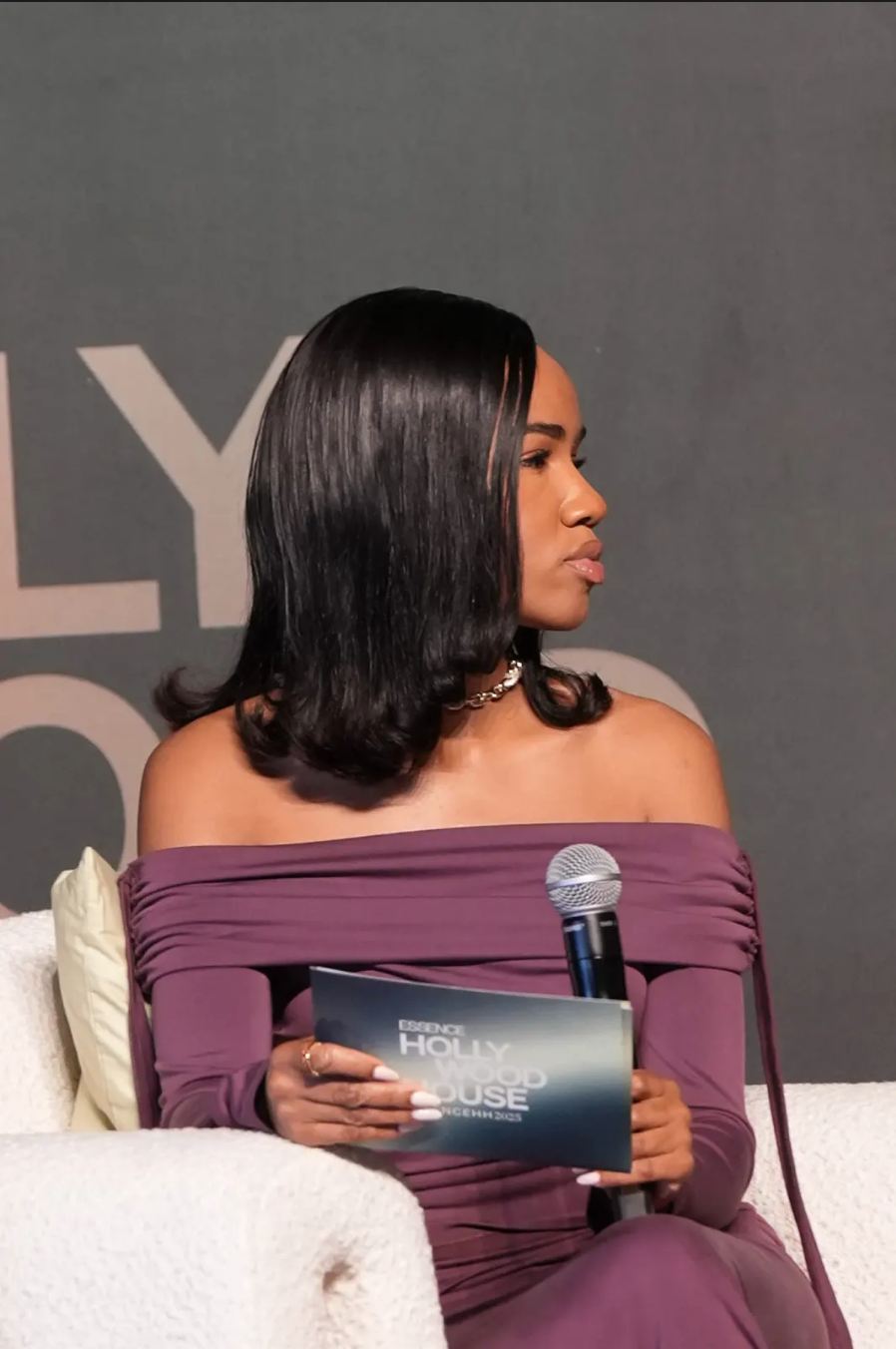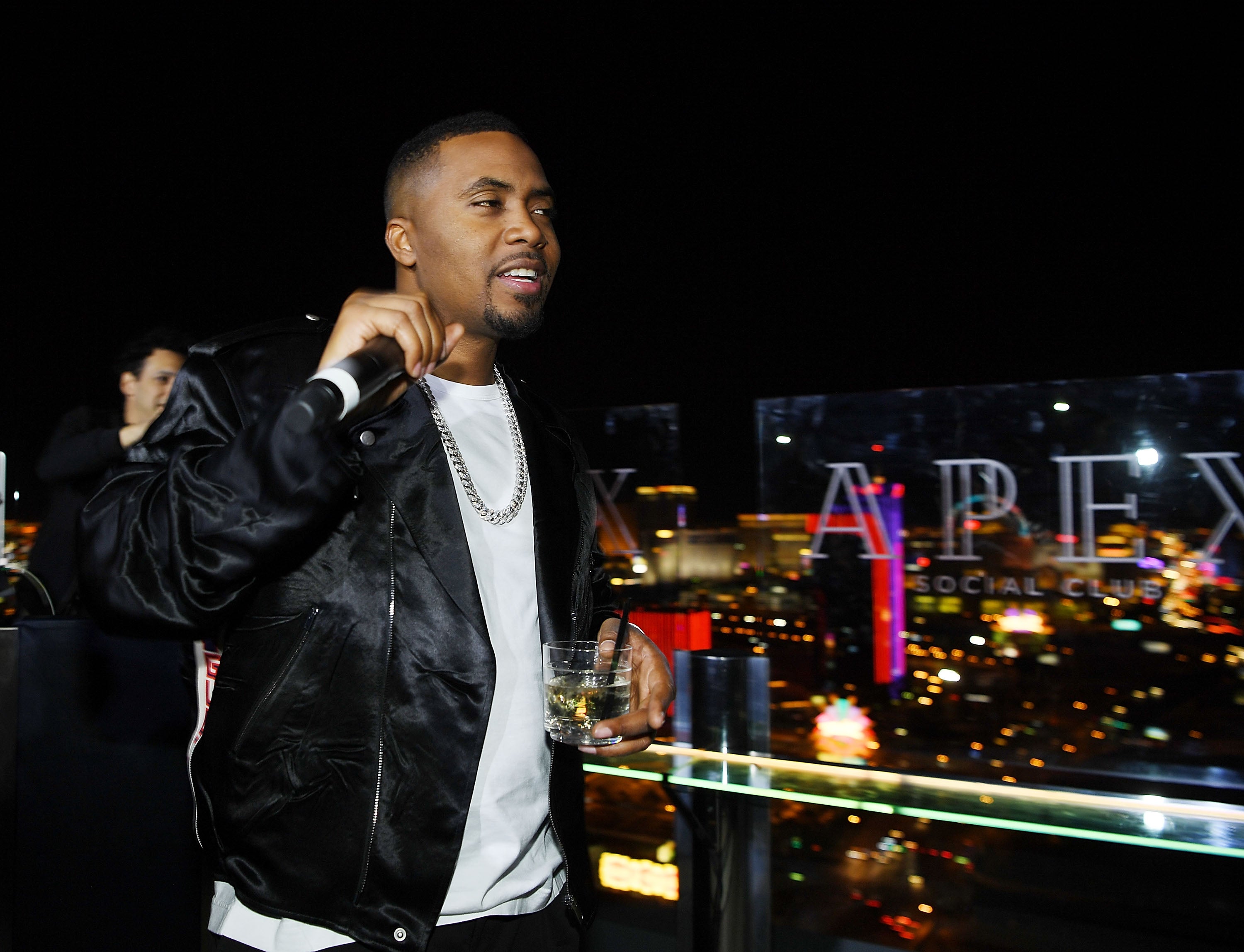
His raspy voice first boomed through my headphones on the Wake Up Show anthem back in 1994, changing my life forever. I remember sitting up in bed when he began spitting his intricate rhymes, wondering who the hell he was and how I could hear more. At the time, I was shy and quiet, and spent most of my time trying to make sense of my parents’ tenuous relationship, which wobbled on the precipice of divorce. Just when I needed it most, the kid who’d dubbed himself “the corrupt novelist Nas” invaded my ears, giving me something else to obsess over than the demise of my family.
After his Wake Up Show salvo, I found my way to Illmatic, Nas’ seminal first album that inspired me to be a writer. I would listen to that tape—yes, tape—for hours on end as Nas rapped about the horrors and joy of Queensbridge, dodging overzealous cops, and mourning slain friends. Though he was talking about a hood 3,000 miles away from my own, I found solace in the stories he weaved, and eventually picked up my own pen to begin telling my own.
I would not be a writer if it weren’t for Nas.
In 2016, I was able to tell him just how much his music, his words, meant to me growing up. Thankfully, he was warm and gracious and humble, all things you want your faves to be when you finally meet them. I walked away feeling blessed to be in his presence, and relieved he wasn’t an asshole like so many other celebrities who have been hailed as geniuses.
And then, things changed.
In April, Kelis detailed years of physical and emotional violence she said she suffered at the hands of her ex-husband, Nas.
“It was really dark,” Kelis said of their relationship. “A lot of drinking. A lot of mental and physical abuse and it got to the point where if I wasn’t pregnant, I might have stayed with him. I really did love him. We were married—we weren’t dating, we were married, this was my person.”
Nas was also my person. He was the rapper I would refer to when defending the genre against critics who said rap was merely a place for men to be materialistic and misogynistic. And though he’s had his fair share of problematic songs (“Owe Me,” “Oochie Wally,” and “Black Girl Lost” come to mind), most would agree Nas tries to “say something” in his music, whether it’s about investing in Black businesses, inspiring the next generation, or being a good dad. Being physically abusive just didn’t seem to be in line with the man I’d grown to love through his music.
Then again, domestic violence rarely takes place out in the open. And when women have accused rappers like Fabolous, the Notorious B.I.G., and Big Pun of abuse in the past, they’ve been largely ignored, or worse, ostracized. So while I was devastated to hear of the violent relationship between Nas and Kelis, given some rappers’ history of abuse, I wasn’t surprised. I also wasn’t willing to push the accusations aside to enjoy his music.
Thursday, Nas dropped his 11th studio album, Nasir, and I haven’t even listened to it yet.
Normally, I would’ve tuned into his listening party and streamed the album back-to-back as soon as I could, but between Kelis’ allegations and Kanye West’s involvement in the project, I just couldn’t bring myself to do it.
Many people, however, could.
Nasir trended on Twitter Thursday night, with scores of fans hailing it as a return to form for the Queensbridge legend. Aside from a few scattered tweets from Black women like Professor Blair Kelley, who admitted, “Kelis’ statement about abuse in her relationship and Kanye being Kanye have really messed up my ability to just listen to Nasir and just not think about what I know,” most have seemed to be able to either separate Kelis’ abuse allegations from Nas’ artistry, or ignore them altogether.
Over on Forbes, writer Bryan Rolli, wondered, “Why hasn’t Nas been forced to reckon with abuse allegations ahead of ‘Nasir’ release?”
In his article, he grappled with the outrage over Kanye West’s support of Donald Trump versus Kelis’ abuse claims against Nas.
“Nas’ new project has generated excitement through a scarcity of details. And just as West’s two new releases, ye and Kids See Ghosts, followed the rapper’s controversial, scorched-earth media blitz, Nas’ album arrives amidst controversy in the form of assault allegations from his ex-wife, Kelis,” Rolli wrote.
“The difference is, while fans and critics still want to crucify West for his asinine public behavior, they haven’t bothered to hold Nas accountable for the allegations levied against him.”
One reason very few people have threatened to “cancel” Nas (as they did with West) may be because women are often seen as disposable and untrustworthy. That’s true of the wider culture, but it’s especially true in hip-hop music, where “I don’t love them hoes” has been the mantra for the better part of 20 years.
Another reason people haven’t demanded Nas answer to Kelis’ claims is our resistance to holding our faves accountable when they’ve done things we typically find reprehensible. It happened in the wake of Bill Cosby’s rape allegations and conviction, and it’s currently happening for many who still listen to R. Kelly’s music in spite of two decades worth of sexual misconduct accusations.
For me, the issue remains complicated. While I’ve cut Kelly out of my musical rotation forever, I still sometimes watch reruns of The Cosby Show, and when I’m feeling down and need a little pick-me-up, I still throw on Nas’ “The World Is Yours.”
And when it comes to Nasir, I can’t promise that I’ll never listen to the album. In fact, I’m pretty certain I will hear it one day. But as a fan of the man and his music, Nas’ silence on Kelis’ allegations speak louder than any song in his classic catalogue.





